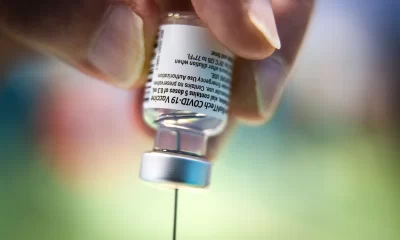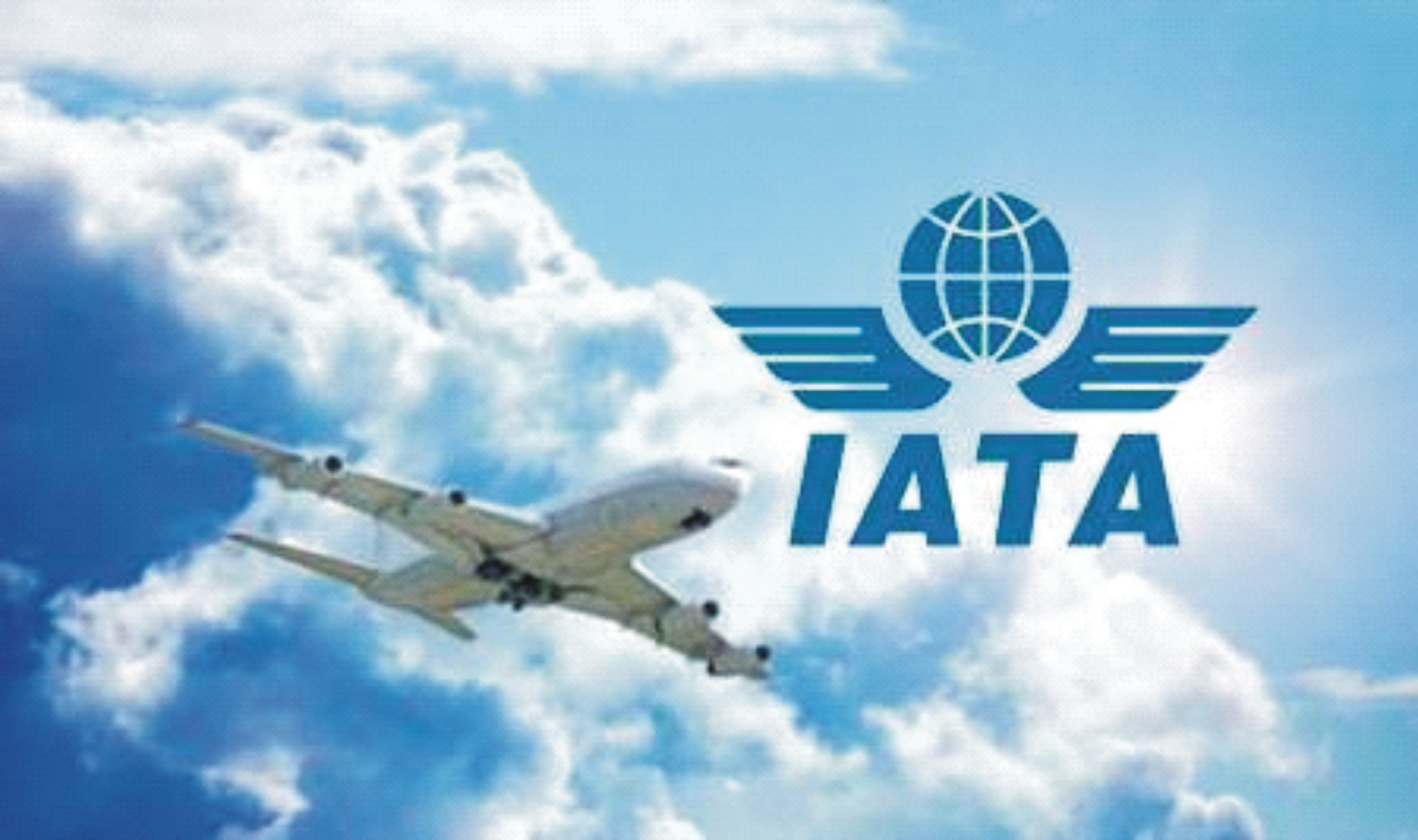The International Air Transport Association (IATA) has termed the charges being paid by Nigerian and other African airlines as excessive and a burden to their operating costs.
The association called on the Nigerian government and other governments in Africa to reduce the airline charges that accounted for 11.4% of the airlines’ operating costs.
Chief Executive Officer of the IATA, Alexandre de Junaic, highlighted the need for a cost-competitive operating environment for airlines in Africa. He stated that governments should follow recommended standards and practices for taxes and charges, adding that close hidden costs such as taxes and fees could be against global best practice.
User charges are excessive. They account for 11.4 per cent of African airlines’ operating costs. That is double the industry average. And there is a plethora of taxes and charges, some unique.
“African carriers lose $1.54 for every passenger they carry. High costs contribute to these losses Flying is not a luxury—it is an economic lifeline for this continent. That’s why it is critical for governments to understand that every extra cost they add to the industry reduces aviation’s effectiveness as a catalyst for development.”
Away from the charges, Junaic also urged the aviation industry stakeholders to focus on the priorities that would allow aviation to drive economic and social development on the continent, enrich people’s lives and enable the United Nations Sustainable Development Goals. The four priorities include safety, cost-competitiveness, opening the continent to travel and trade as well as gender diversity.
Speaking further, the Association’s CEO called on more African countries to introduce the IATA Operational Safety Audit into their safety oversight systems just as Mozambique, Rwanda, Togo and Zimbabwe had done.
“Smaller operators should consider becoming IATA Standard Safety Assessment certified. ISSA provides a valuable operational benchmark for carriers not eligible for IOSA.
“African states need to implement ICAO standards and recommended practices in their regulations. Currently, only 26 states meet or exceed the threshold of 60% implementation,” Junaic said.

 Health1 week ago
Health1 week ago
 News1 week ago
News1 week ago
 Trends2 days ago
Trends2 days ago
 Latest23 hours ago
Latest23 hours ago
 Health1 week ago
Health1 week ago
 Business1 week ago
Business1 week ago
 Crime7 days ago
Crime7 days ago
 Crime1 week ago
Crime1 week ago

